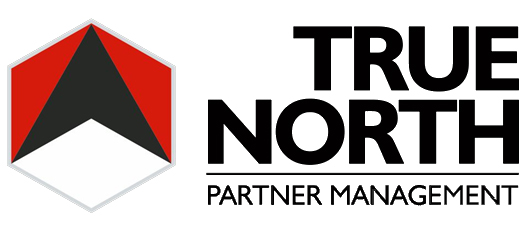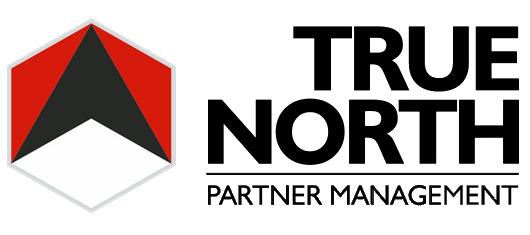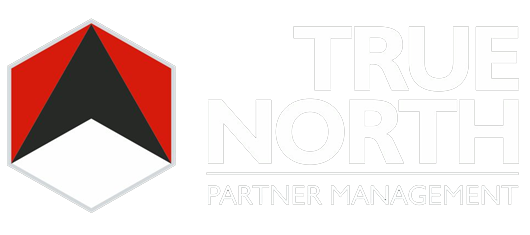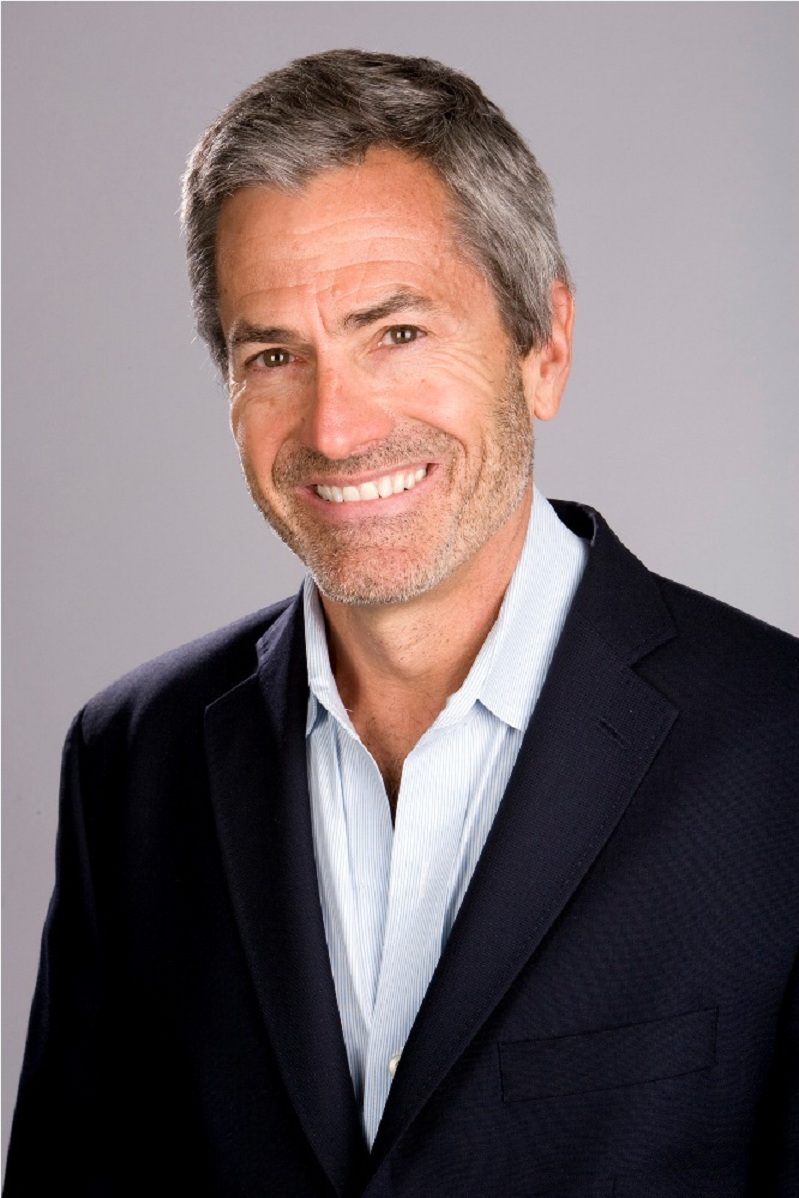The following post originally appeared on Forbes | April 15, 2015
In 1967, psychiatrists Thomas Holmes and Richard Rahe created the Social Readjustment Rating Scale, which is meant to determine the contribution of various stressful life events to illness. Out of 43 events that comprise it, changing to a different line of work—a career change—ranks closely with such events as taking on a major mortgage, experiencing sexual difficulties, and the death of a close friend. No wonder full-fledged career changes don’t happen very often.
Today we hear from Rob Lee, president and founder of Bayonne Entertainment, executive producer, and former talent agent and entertainment lawyer. Currently, Bayonne Entertainment is producing, among other projects, successful shows like The Millionaire Matchmaker for Bravo TV, Love In The City for OWN, Euros Of Hollywood for Bravo T V, and Randy Jackson Presents: America’s Best Dance Crew for MTV.
Starting out his career as an entertainment lawyer at Manatt, Phelps & Phillips—and with the obligatory risk-averse voice that whispers in every lawyer’s ear—Lee managed to make the switch from lawyer to agent to entrepreneur and producer, and has never looked back. We broach some of the lessons he’s picked up during his career. See our exchange below:
On Transitioning From Lawyer To Agent
Parnell: This is going back a bit, but can you talk to me about your transition from law into the entertainment industry? How did that happen?
Lee: Although I completely respect and value the great work the entertainment law community does, I quickly realized that it was the agents who ran Hollywood. After a client made a deal, as a young lawyer, I got stuck in the office drafting a contract into the late hours of the night while the agents went out with the client to dinner to celebrate, talk about the future. And they got paid more. I woke up one day, gave notice of my resignation to the law firm, and had only 2 months to become an agent, since without a paycheck, I couldn’t pay my rent. I took a 40% cut in salary, but ended up making twice as much as I was making at the law firm after my first year bonus.
On Lessons Learned Over The Years
Parnell: With writing networks or movie deals in mind, what is the difference between Rob Lee now, and Rob Lee of 20 years ago? Perhaps this goes to confidence levels, methods of preparation or research, assembly of a support team…
Lee: It’s all about experience, relationships, and leverage. You use them all in a different recipe depending on the situation. Without disrespecting who you’re dealing with, it’s always important to engage the decision-maker on the other side of the deal. These days, the creative is too often separated from the business side. Things take far too long. You’ve got to keep everyone connected, be persistent without being obnoxious, and cut to the bottom line as quickly as you can. You get to know when you can win and when you will lose and when it’s time to just move on. You’ll learn to take your ego completely out of any negotiation.
On Knowing When It Was Time To Move On
Parnell: While it is a challenge for most to veer from their tried-and-true career paths—lawyers in particular—you’ve held any number of roles over your career: lawyer, producer, executive, entrepreneur. How did you know when it was time for a shift?
Lee: I guess the original mantra in my mind was, “become the client.” That means that you are in a successful enough position to have the lawyers, agents, and even studio executives, to some extent, working for you.
Being a producer, however, is the most precarious situation, even when you’re successful. Unless you’ve hit the “grand slam home run,” you’re always vulnerable. No matter what happens, you need to stay resilient. And when you walk into a room, you can never show the least sign of need or desperation, even if every show you had on was just cancelled. Hollywood likes winners. Or should I re-state that by saying, Hollywood likes current winners.
On Adapting To A Changing Environment
Parnell: Talk to me about adaptation. The media industry, in particular, is forever shifting. How do you stay ahead of that? How do you stay relevant?
Lee: You need to hold on to your old relationships and build new ones at every level. You need to be as current with pop-culture as the most informed 14-year-old, 20-year-old, 30-year-old, but also apply your experience and knowledge to that set of facts and trends in order to have a competitive edge. If you’re in television, you need to be an expert also in the feature business, the music business, the digital business, etc. There isn’t a platform or a major talent on a platform with which you should not be familiar. Then, when something comes by you that catches your interest, you’ll know how to develop it, what to add to it, and the markets where it can be sold. You stay relevant by being involved in successful projects.
On The Success Of The Millionaire Matchmaker
Parnell: From your perspective, what are the aspects of Millionaire Matchmaker that have earned it 8 seasons?
Lee: The Millionaire Matchmaker was a unique formula, matched with the perfect talent from the start. That’s a winning combination. Finding love has always been popular. But cutting “blowhard” millionaires down to size with the truth is what’s really most fun, and Patti does it so brilliantly. She is the ultimate “truth teller,” and she kept getting better and better at it as the years went on.
On Skills He Would Like To Have But Doesn’t
Parnell: What are two skills or knowledge bases that you don’t possess now, but would be very helpful to you in your career?
Lee: I wish I had a much better grasp on the technical side of the digital world. Those are the true tools of the future exploitation of entertainment. I also haven’t connected myself fully with the financial community: private equity, banking, etc. These relationships could have provided me with the capital, and therefore, independence, that would have freed me from reliance on more traditional corporate funding.
On Common Threads Of Success
Parnell: With all of the successful people that you’ve met over the years, what are some of the common threads among them? What qualities do they possess that you’d like to see manifest in your children, for example.
Lee: This is a funny question since I was going to answer it one way until you threw the part in about me wanting to see these qualities in my children. In that case, I would say intelligence and analytical skills; passion and the ability to go with your gut, as well; respect and true enjoyment of the creative process, and integrity in dealing with others. Consequently, I left out ruthless, sociopathic, and fearless!
On Building A Reputation and Brand
Parnell: With young professionals mind, what would you tell them are key components to building their reputation? Their own personal brand?
Lee: Be ambitious, but help others succeed as well. It’s going to take a team of people you trust and respect to help you up the ladder and keep you there.



